Comics are a business. Amid the artwork and the writing, the beloved characters and detailed worlds and universes it is easy to forget that these guys* also want to make money. And in doing so certain ideas and concepts get … let’s say borrowed … from time to time. But every once in a while something happens, something strange and coincidental. Two characters get introduced so close together that it is almost impossible to tell which one was the chicken and which one was the egg.
This happened with Marvel’s Man-Thing and DC’s Swamp Thing. Two “things” so similar it’s easy to think one stole from the other. But it’s more complicated than that and much more interesting. Creative synchronicity occurred.
First off let me state my personal bias. Man-Thing was one of my favorite characters as a kid. As such I am inclined to lean toward Man-Thing and be favorable to Man-Thing. (Yes, I understand that last sentence sounds really dirty, but it’s actually not so stop giggling) Anyway, as a kid, I was inclined to look at Swamp Thing and scream “rip-off” in a whiny voice. That being said I will attempt to not be pro-Marvel or anti-DC.
So what’s the deal?
Both characters are swamp-based, plant-like life forms. They were both men (scientists) working on a formula to enhance/save mankind who were involved in “accidents” that changed them into shambling, muck-covered things.
Man-Thing: Biochemist Ted Sallis, who is working on a “super-soldier” serum is attacked by sinister forces, he desperately injects the “miracle drug” he developed into his own system to protect it. Pursued into a swamp, Sallis ends up drowning…but was later revived by a combination of his formula and the supernatural.
Swamp Thing: Alex Holland, a biochemist, working on a miracle drug, is caught in a lab explosion, triggered by a treacherous lab partner working for sinister forces, is dumped into a swamp. He is revived by a combination of his drug and the supernatural.
Okay, so both are almost exactly the same right? Obviously one stole from the other. But who? Let’s look at the timeline:
- Man-Thing’s first appearance is in Marvel’s Savage Tales #1 in May 1971.
- Swamp Thing’s first appearance is in House of Secrets #92 in June 1971.
All right, Man-Thing beat Swamp Thing by almost two months. Done and done. DC stole from Marvel. Not so fast.
Typically it takes three to four months to create a comic book from start to finish. The two-month turnaround for DC to see the publication and decide to create a knock-off, write it and draw it and publish it is just a near impossibility. Basically, both storylines were in production at the same time. Two separate writer/artist teams had the exact same idea at the exact same time which is pretty amazing.
Or is it?
It is not uncommon for synchronistic stories to occur. The most recent example I can think of is Battle Royal, a Japanese film about a dystopian society that chooses children to fight to the death on television, and The Hunger Games which is the same thing. Both claim no knowledge of the other. They just sort of happened at the same time.
Also, I know of no less than five novels, either published or soon to be published (one written by my cousin FYI) that have to do with the subject of the world running out of water. It’s the new “dry-earth” dystopian future scenario. Where did it come from? And why would five different authors, from different countries for that matter, come up with similar ideas?
Also, a different non-writerly example would be the creation of Calculus. Both Newton and Leibniz created a mathematical system at the same time and were unknown to one another. How does that happen?
Maybe it’s societal, a collective unconscious. Certain ideas are just floating around in the mind either and are picked up and distributed. An idea-time. Perhaps there are subjects or concepts that are just sort of “around” talked about and thought about discussed. Enough that enough people would each have an individual take on that thought.
(Side note: there is perhaps a difference between a society that unconsciously creates the simultaneous idea of swamp creatures and a society that creates the simultaneous creation of complex mathematical systems that should probably be delved into, however it is not the place for this particular essay to do so.)
All of this is fascinating. And I would love to get all Joseph Campbell-like and explain how all of our myths are the same and we are all one and … whatever. It’s not, sorry.
The origins and premise of the swamp stories are similar, but that’s where it ends.
Man-Thing: A dim-witted monster that can, on occasion, remember his human past but rejects it and has the ability/curse to burn anyone who truly knows fear simply by touch.
Swamp Thing: A highly intelligent creature that is purely plant-based and merely “absorbed” the consciousness of the scientist he combined with.
As the stories are told both are incredibly different and diverse. When you actually look at how the stories are told you see that the similarities are superficial and surface.
It’s like comparing Moby Dick and Jaws. Both are about obsessive captains relentlessly chasing a huge, dangerous sea creature. The premise may seem similar, but in execution, it is quite different.
I mentioned at the top of this essay that I used to think Swamp Thing was a rip-off of Man-Thing. It’s true, and for a time I would not even acknowledge it as a legitimate thing. And then I read Alan Moore’s run on the character (if you don’t know who Alan Moore is Google him right now, I’ll wait … did you do it? I know right? Awesome.) and I realized, wow. I should expand my thinking.
Bottom line: don’t judge.
This is harder said than done, I judge all the time. And there are undoubtedly rip-offs in the world. There are things that just want to take advantage of something good and drain it dry.
And then there are things that look like they might be bad and actually turn out to be something quite special.
I guess what I’m saying is, read everything.
(And if you get a chance read old Man-Thing comics because they are awesome)
*Please note I am originally from the East Coast and the term “guys” is actually non-gendered. I realize there is a hell of a lot of women in the industry that does not get the credit they deserve because it is traditionally male-dominated.
Originally posted May 12, 2014

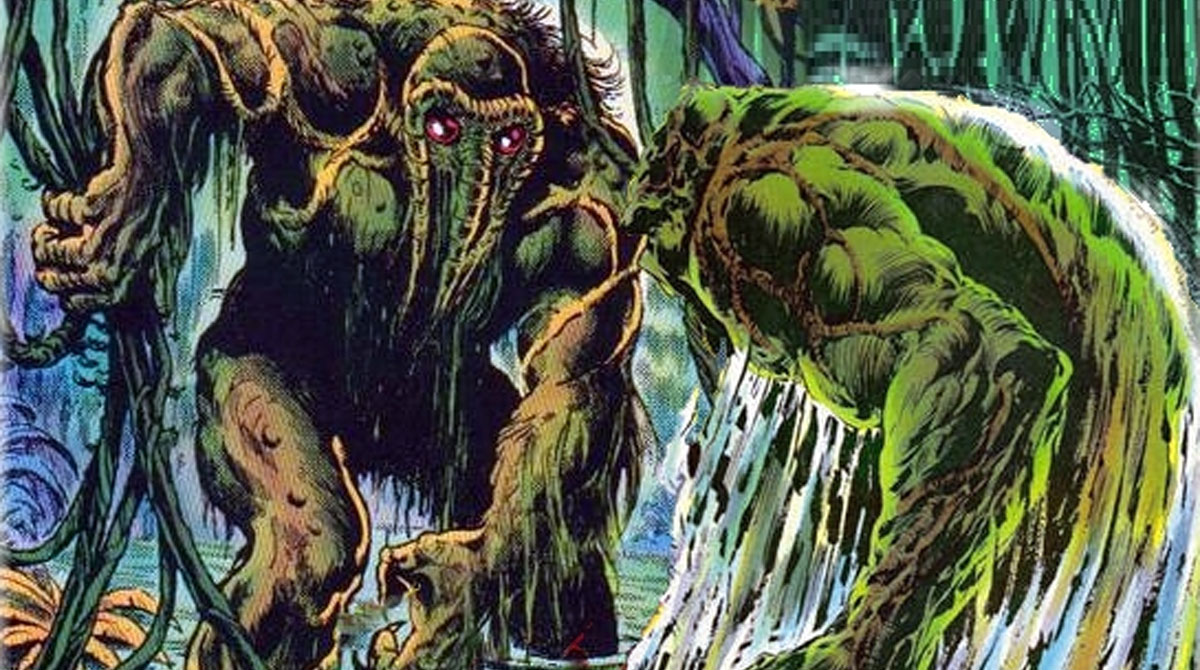
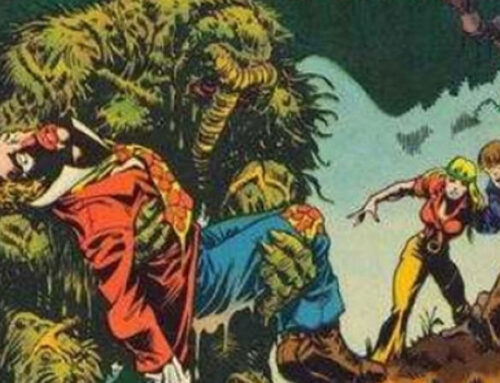

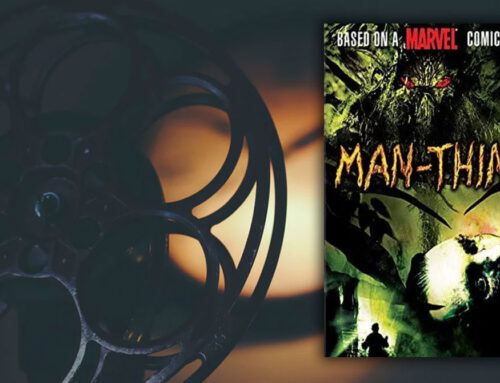
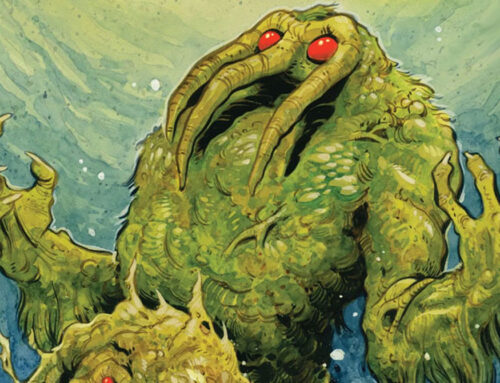
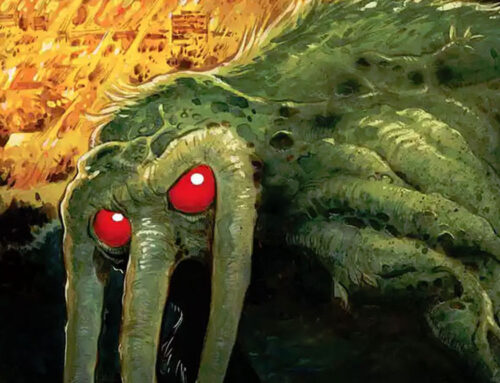
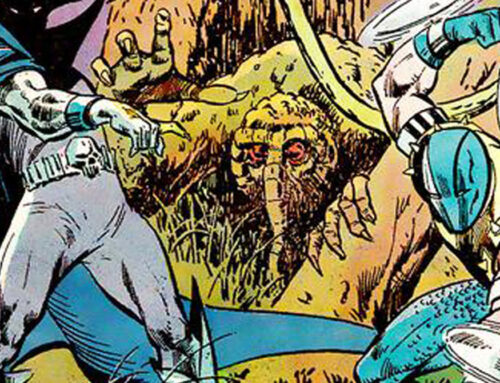

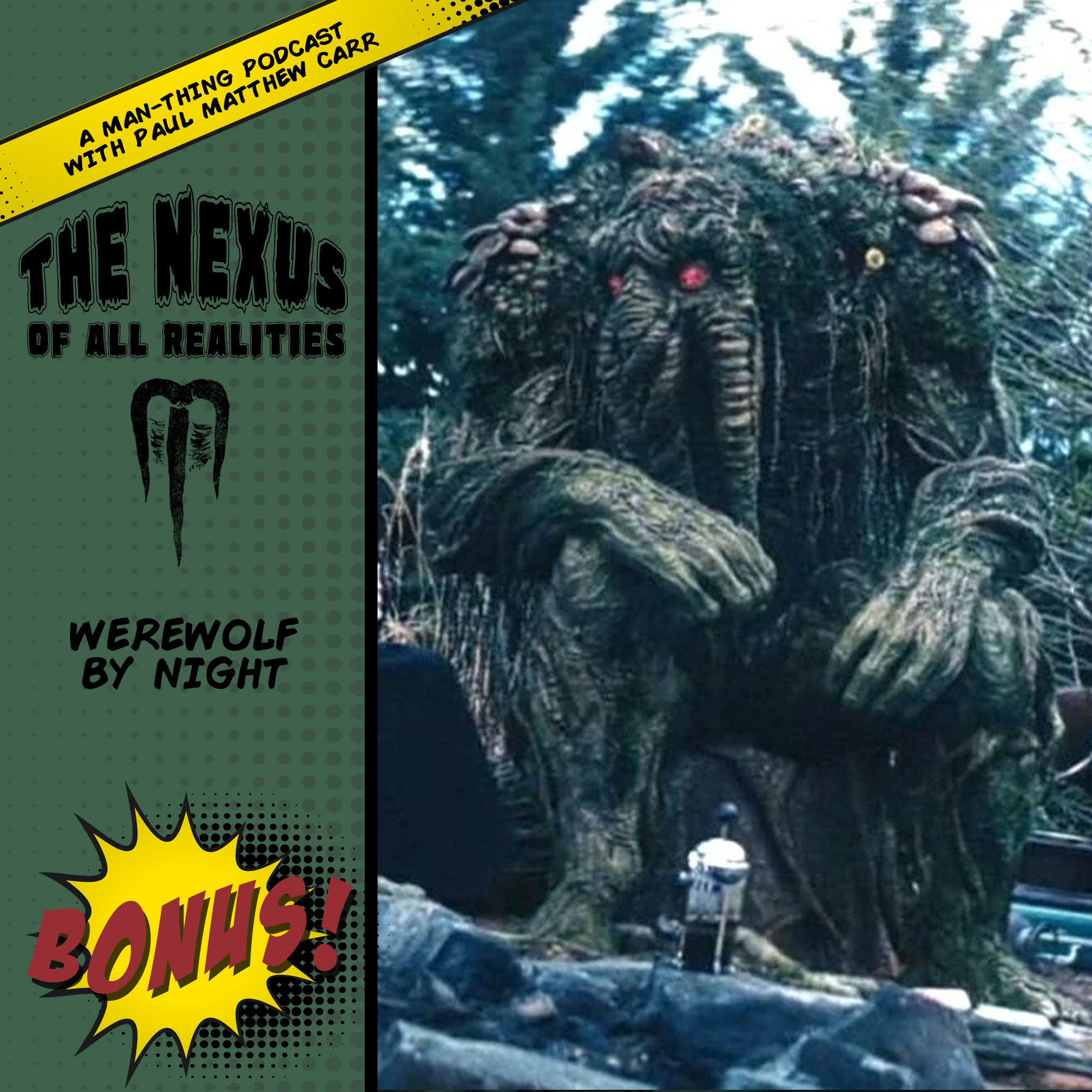
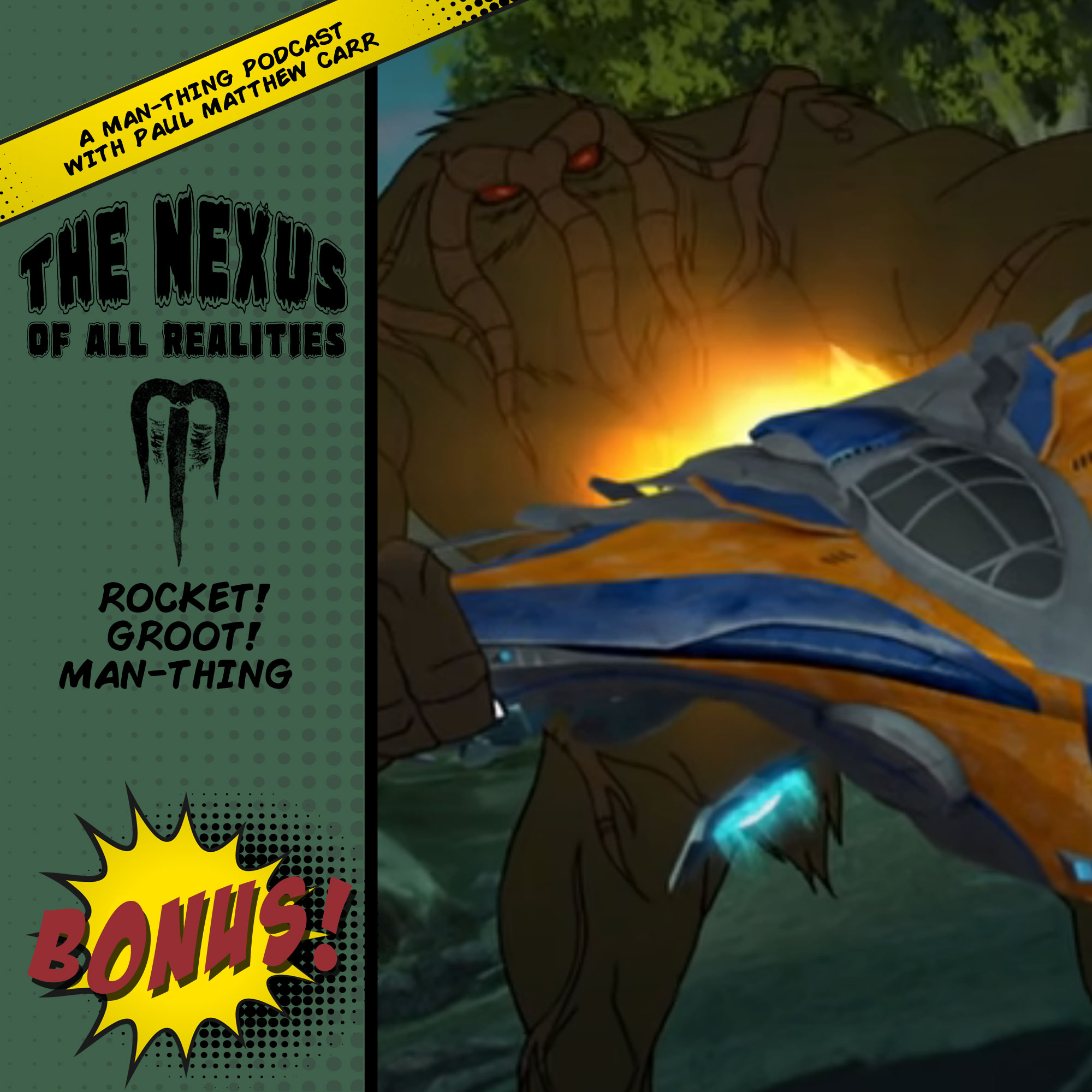
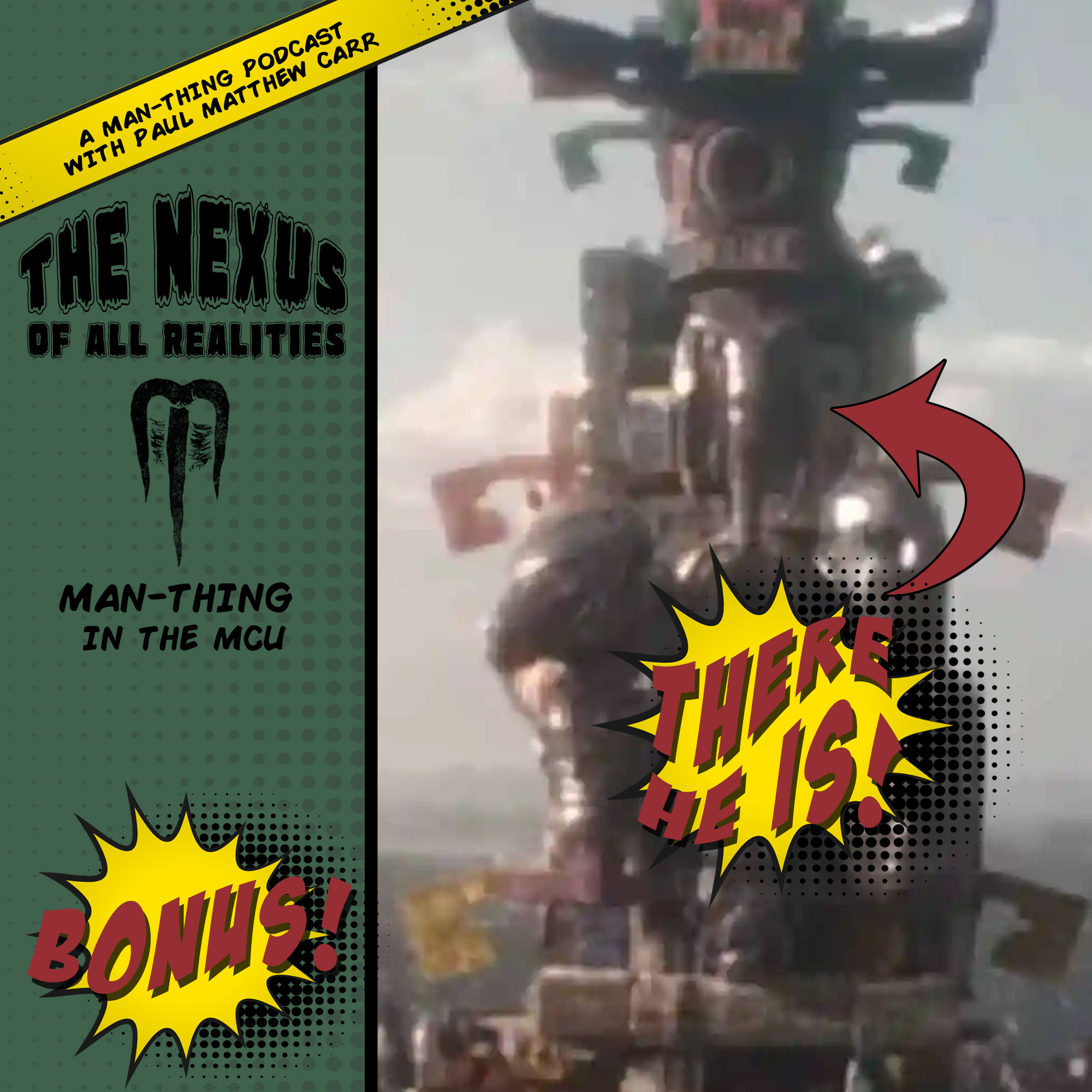
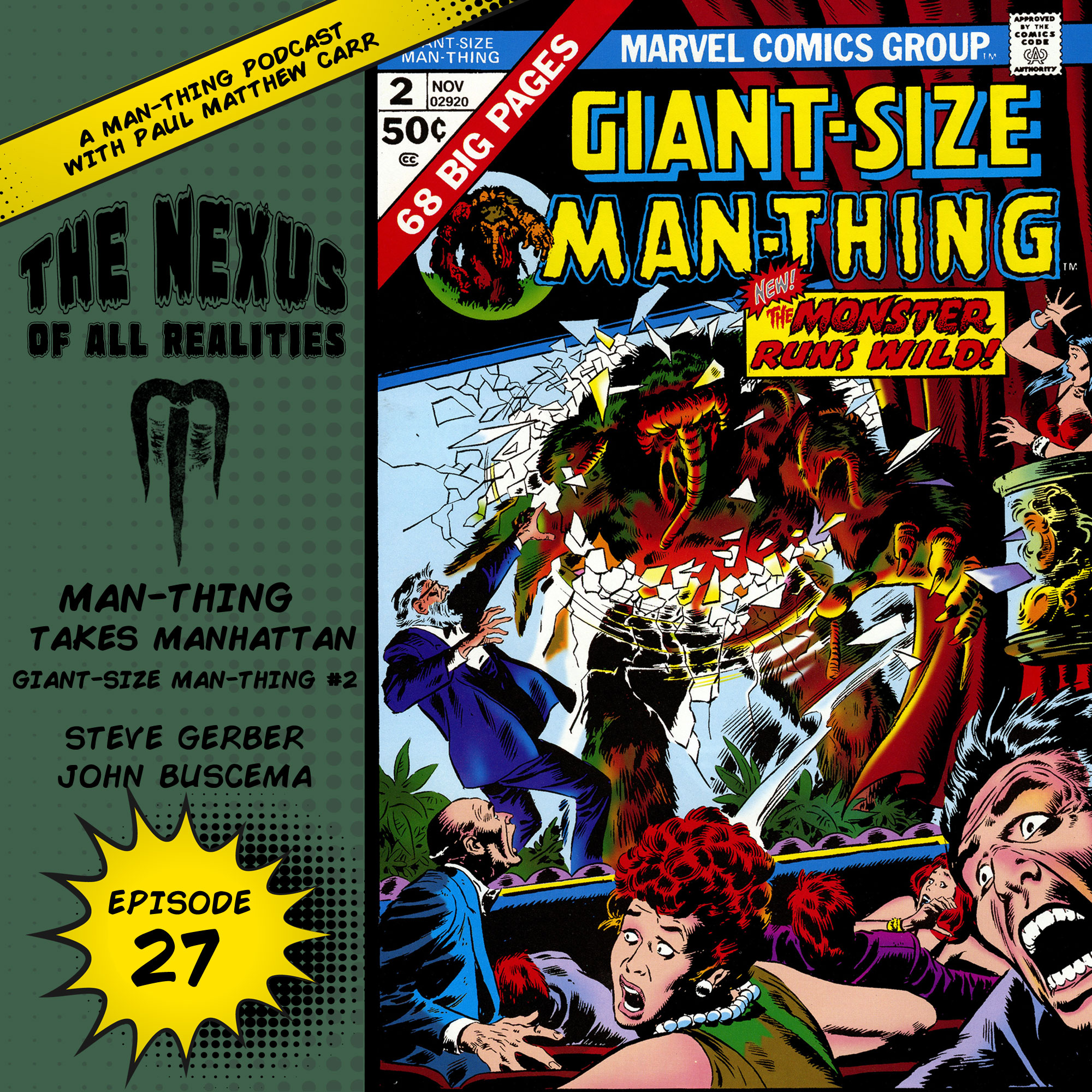
Leave A Comment